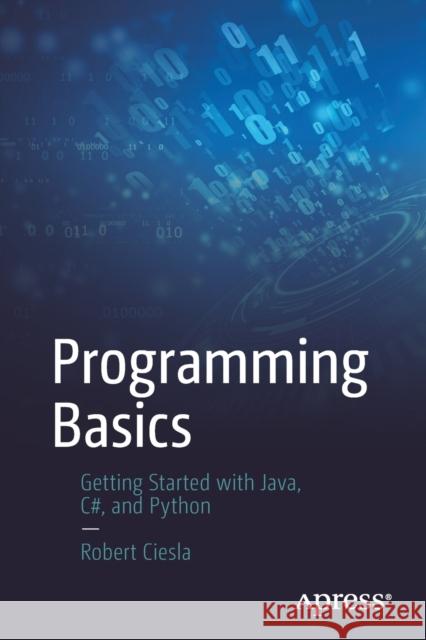Programming Basics: Getting Started with Java, C#, and Python » książka
topmenu
Programming Basics: Getting Started with Java, C#, and Python
ISBN-13: 9781484272855 / Angielski / Miękka / 2021 / 184 str.
Kategorie:
Kategorie BISAC:
Wydawca:
Apress
Język:
Angielski
ISBN-13:
9781484272855
Rok wydania:
2021
Ilość stron:
184
Waga:
0.27 kg
Wymiary:
23.39 x 15.6 x 0.99
Oprawa:
Miękka
Wolumenów:
01
Dodatkowe informacje:
Wydanie ilustrowane











